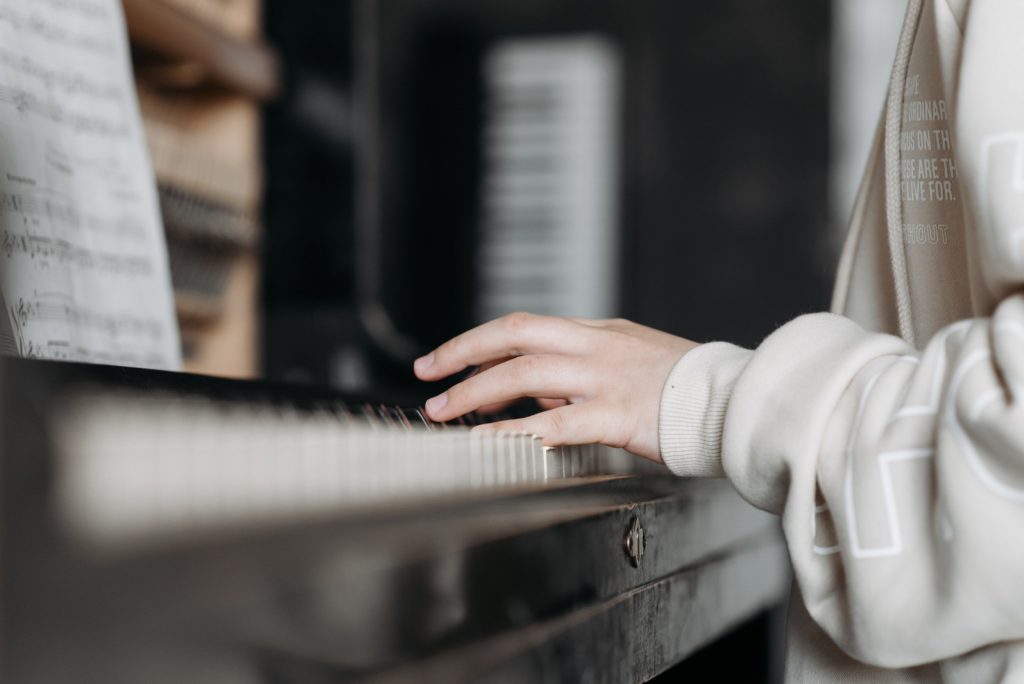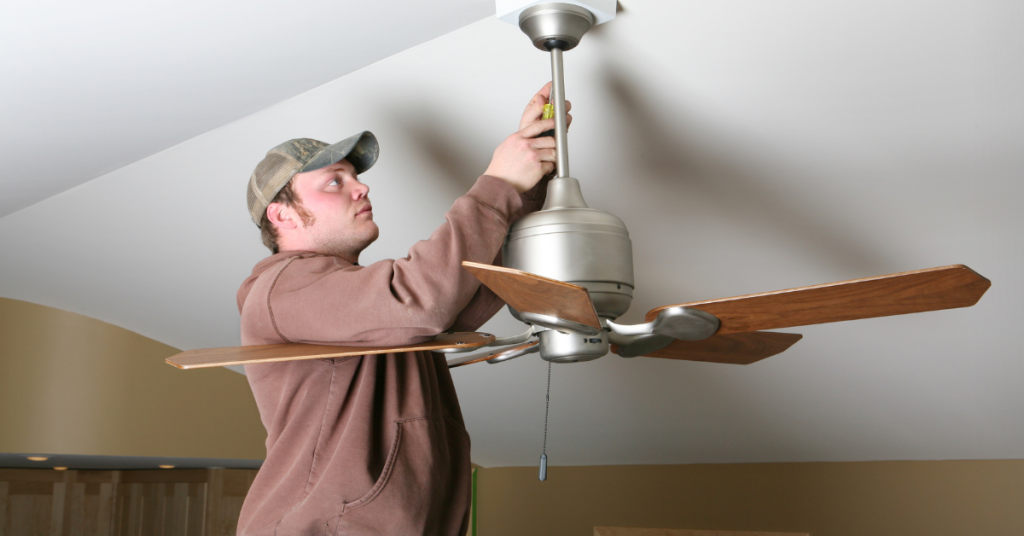Creating a Playful Practice Space: Fostering a Musical Wonderland at Home
Design a dedicated and enjoyable practice area for young pianists, filled with colors, engaging visuals, and perhaps a musical-themed decor. This environment not only sparks curiosity but also establishes a positive association with at home piano lessons.
Pedagogical Playfulness: Interactive Apps for Educational Entertainment
Integrate educational apps designed specifically for kids into piano lessons. Platforms like “Piano Maestro Junior” combine gaming elements with musical education, making the learning process fun and interactive for young minds.
Rhythmic Routine: Establishing Consistent and Manageable Practice Schedules
Understand the attention span of young learners and establish short, consistent practice routines. Regular, bite-sized sessions are more effective for children, ensuring they stay engaged while gradually building their skills over time.
Visual Learning Aids: Colorful Keys and Mnemonic Devices
Incorporate visual aids into the learning process. Color-coded keys or mnemonic devices can assist kids in remembering notes and understanding musical concepts in a playful and visually stimulating manner.
Family Musical Bonding: Encouraging Involvement and Support
Foster a sense of family involvement in the learning process. Encourage parents or siblings to attend practice sessions, play simple duets, or share musical stories. This not only strengthens familial bonds but also makes the learning journey more enjoyable for the child.
Community of Little Virtuosos: Kids’ Piano Classes and Clubs
Explore piano classes or clubs specifically designed for kids. These environments provide a social aspect to learning, allowing children to share their experiences, collaborate, and build friendships with peers who share a common interest in piano.
Creative Exploration: Encouraging Composition and Musical Expression
Empower young musicians to explore their creative side by encouraging composition. Platforms like “CompoKid” allow kids to compose their music, fostering a sense of ownership and creativity in their musical journey.
Celebrating Progress: Musical Milestones and Rewards
Set achievable milestones for kids and celebrate their accomplishments. Whether it’s mastering a new piece, learning a challenging technique, or participating in a recital, acknowledging and rewarding their efforts boosts confidence and motivation.
Conclusion: Nurturing a Lifelong Love for Music
Piano lessons for kids are not just about acquiring skills; they’re about nurturing a lifelong love for music. By creating a playful practice space, incorporating interactive apps, establishing rhythmic routines, using visual aids, involving family, fostering a sense of community, encouraging creativity, and celebrating progress, parents and educators can ensure that young pianists embark on a musical journey filled with joy, curiosity, and a passion that will last a lifetime.



